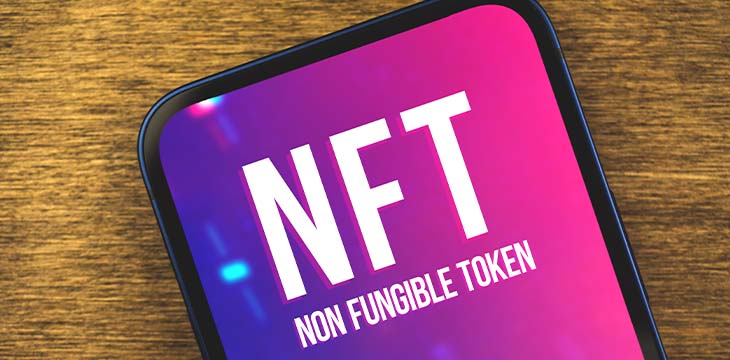Home » Business »
LINE NEXT, the NFT wing of Japanese social media site LINE, has announced the launch of its Non-Fungible Token (NFT) marketplace in a bid to offer a wider range of offerings to users.
The NFT marketplace, called DOSI, was launched with the help of partners like SoftBank, Crypto.com, and Visa after running a beta version in September. The beta version was an instant hit among users, with DOSI issuing over 100,000 wallets and drawing users from nearly 150 countries.
Young-Su KO, CEO of LINE NEXT, described the launch as a move that will showcase Southeast Asian arts and culture to a broader audience. He added that aside from Japanese collectibles, South Korean, Chinese, and Thai creators can leverage the platform to list their NFTs, given the robust language support on DOSI.
“By publishing Asian content to the global NFT market, the partnership will lead to a new fandom culture and the mass adoption of NFTs,” said Ko.
The newly launched NFT marketplace comes loaded with four features designed “to shape the NFT popularization.” The features include the use of branded stores, easy payment options using fiat or virtual currencies, special membership rewards, and a diversity of language support.
According to the road map on the project’s website, DOSI will be improving the land launch and “expanding DOSI Citizen services with 3rd parties.” The platform had previously launched airdrops for wallet users and carried out a raffle promotion to reward users.
LINE NEXT revealed that it had received an investment of $10 million from 10 companies, including SoftBank Corp, WEBTOON, and Naver, among others, to support its NFT quests. Collaborations with Visa and Yahoo! Japan for blockchain-based cross-border payments points to LINE NEXT’s deep push into Web 3.
Still behind other Japanese firms
While LINE has been making global incursions into the NFT space, its efforts lag compared to other Japanese companies in the ecosystem. Rakuten, a Japanese retail company, unveiled its NFT marketplace to a wider global audience, and since its launch, its metrics have stood apart from the rest.
The Japanese subsidiary of Animoca Brands raised over $45 million at a $500 million valuation as it looks to deepen its ties with the local NFT industry.
Institutional investors are not the only ones wading into Japan’s NFT markets, as the government is also making inroads into the space. Prime Minister Fumio Kishida has identified NFTs and the metaverse as being central to the rejuvenation of Japan’s digital economy.
Watch: The BSV Global Blockchain Convention panel, Metaverse, NFTs & Blockchain
New to Bitcoin? Check out CoinGeek’s Bitcoin for Beginners section, the ultimate resource guide to learn more about Bitcoin—as originally envisioned by Satoshi Nakamoto—and blockchain.
Bloomberg covered what’s going on with FTX, talking to experts from rival exchanges and SEC Commissioner Hester Peirce about what happens next.
Between October 2018 and September 2022, the CFPB received more than 8,300 virtual currency complaints, “the majority in the last two years.”
The UBIC, a partnership between UnionBank and Chinese tech giant Huawei, seeks to become the first “smart campus” in the APAC region and serve as a breeding ground for new fintech talents.
Join the official Bitcoin SV Discord channel:
www.discord.gg/bsv

